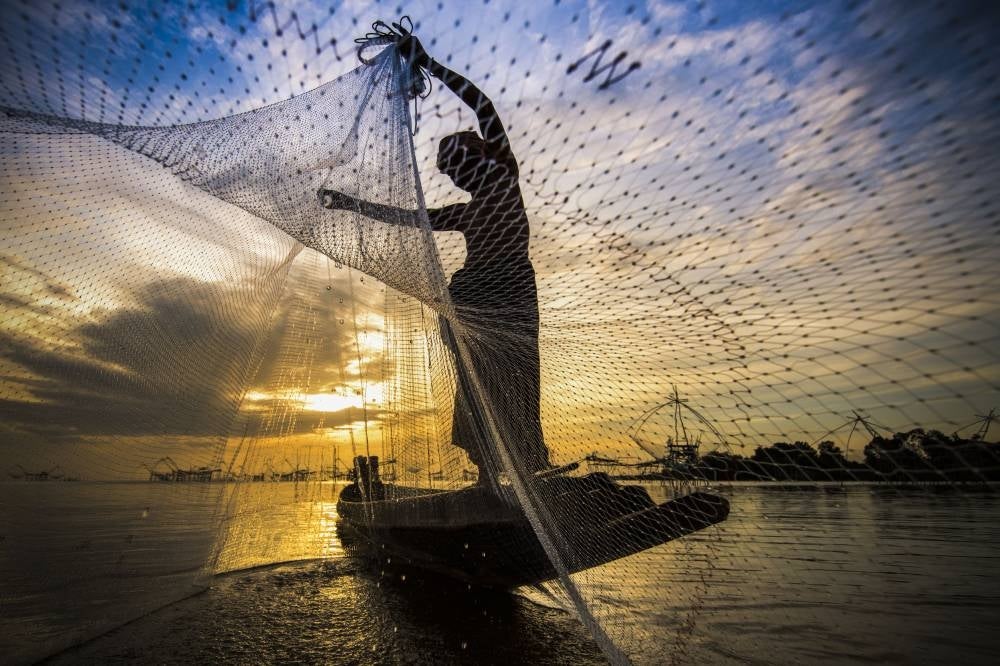Risk of radioactively polluted food due to contaminated seas - Environmentalists

SHAH ALAM: The Pacific accounts for around 58 percent of the world's fisheries, and many countries in this region are dependent on these resources.
This dependency could lead to radioactively polluted food on our dining tables, environmentalists say.
Sahabat Alam Malaysia (SAM) president Meenakshi Raman said this would have an impact globally as China suspended the import of all aquatic products from Japan, including edible seafood, hours after Japan started releasing treated radioactive water from the stricken Fukushima nuclear power plant.
She added that Hong Kong also announced import curbs on some Japanese food products.
Food safety concerns have led to these decisions.
"The Pacific accounts for around 58 per cent of the world's fisheries, and many countries in this region are dependent on these resources.
"We are highly concerned as our seas will be contaminated, and this may lead to radioactively polluted foods on our dining table," she told Sinar Daily recently.
Meenakshi, who is also a veteran environmental activist, said that according to the information provided by Friends of Earth (FoE) Japan, in July 2023, the International Atomic Energy Agency (IAEA) issued a comprehensive report to the effect that the release of treated contaminated water into the ocean is in line with international standards.
"As a result, the media have been reporting that the release into the ocean has received the IAEA’s "endorsement." "However, the IAEA’s review is essentially based on information provided by the Japanese government and Tokyo Electric Power Company (TEPCO), and alternatives other than ocean release were not included in the review," she said.
In addition, she added that the source term presented by TEPCO as the basis of the radiation impact assessment only covers three tank groups (holding only 3% of all the water in tanks).
"It is noted that the IAEA is an agency that promotes the use of nuclear energy, so it cannot be described as a neutral party.
"In light of IAEA safety standards, releasing the treated contaminated water into the ocean is not consistent with at least" justification of radioactive discharge to the environment" and "involvement of interested parties".
"Its conclusion is simply a repeat of the views of the Japanese government," she said.
Commenting further, EcoKnights vice president Amlir Ayat said that, according to the IAEA, the effect of the discharge on the marine ecosystem will be negligible.
"In the short term, we may not see any significant risks. However, the long-term effect is yet to be known. There is still so much we do not know about," he said.
Amlir added that the IAEA is the best authority on this, and their conclusion is theoretically acceptable for the time being.
He said, however, that there are so many global environmental factors that we may not know about that may affect the level of marine water quality.
"Biomagnification of the pollutants is a crucial factor. There is also a huge concern with respect to what will happen when the radioactive materials react with other substances in the oceans," he expressed.
Earlier this week, Japan started releasing nuclear-contaminated wastewater from the crippled Fukushima Daiichi Nuclear Power Plant into the Pacific Ocean.
According to TEPCO, the plant's operator, the water discharge commenced at around 1pm local time (0400 GMT), while concerns and opposition persist among local fishermen as well as in neighbouring countries and Pacific island countries.











